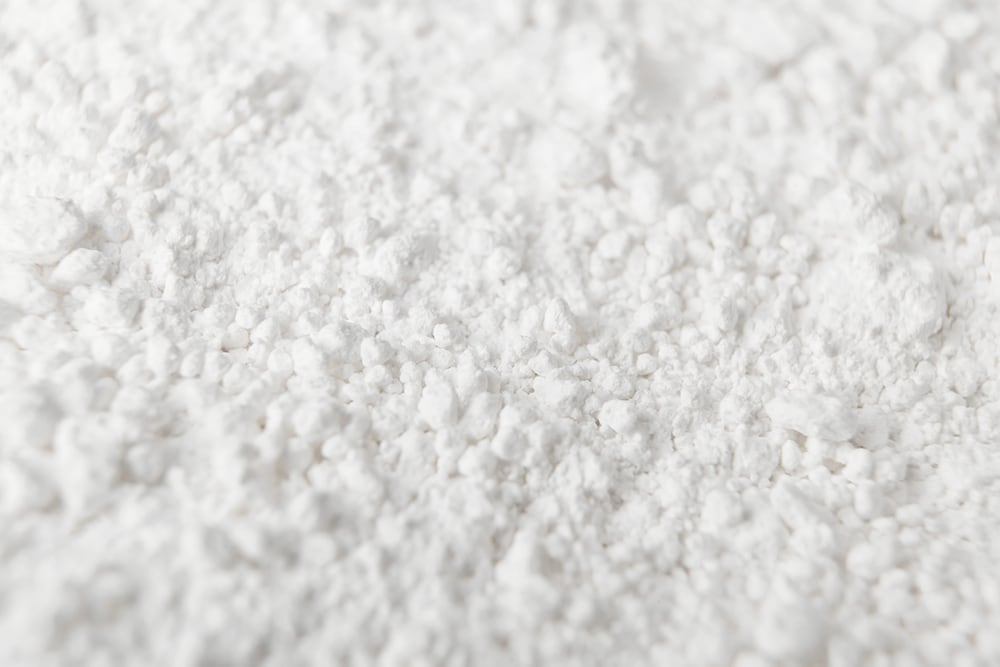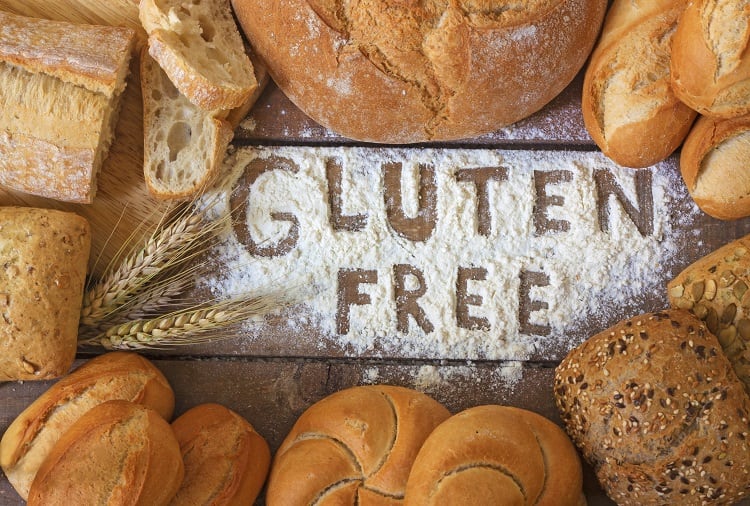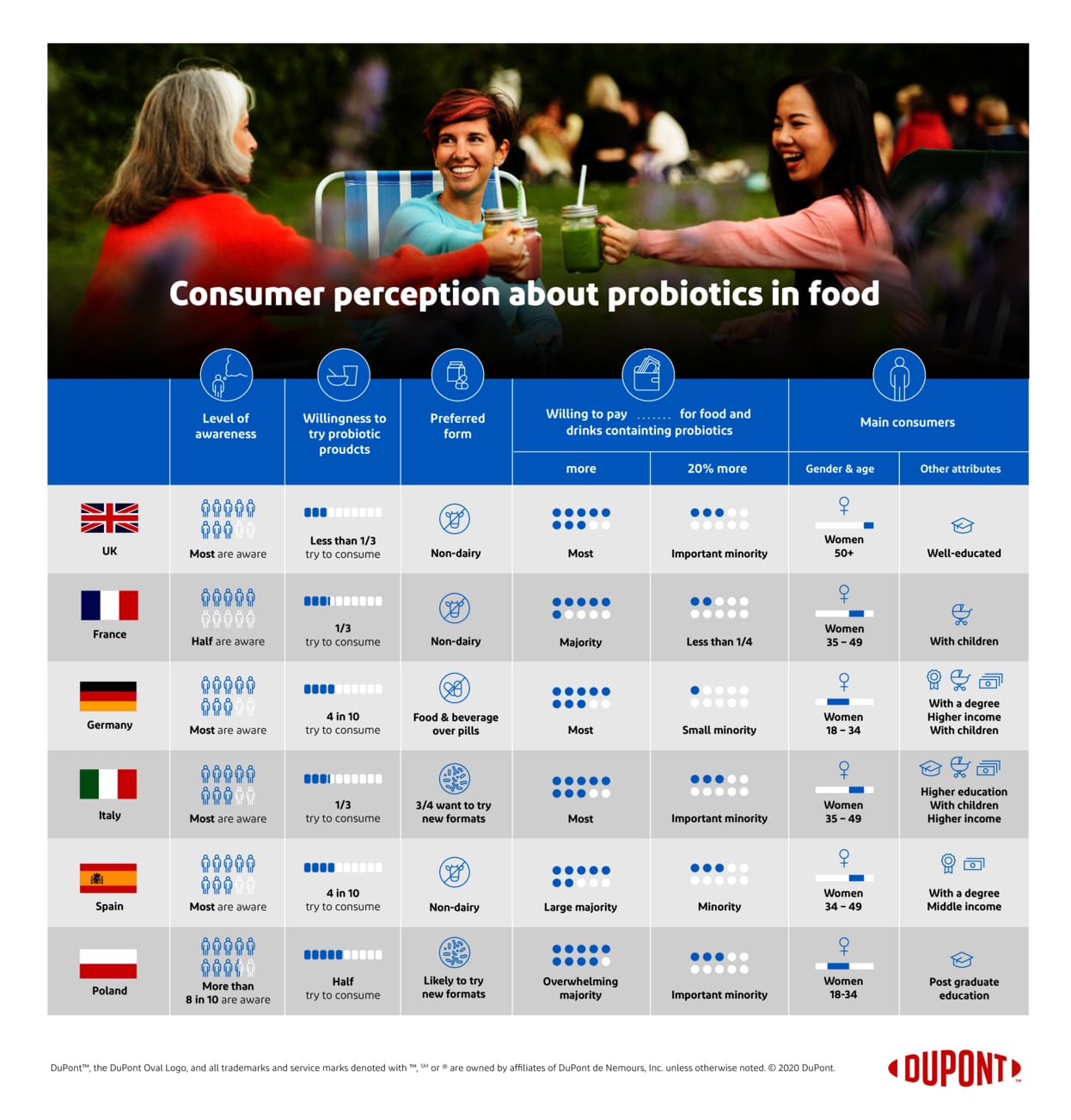Fortification of food with iron and the use of iron supplements remain interesting strategies to address the deficiency of this key dietary element, which is still widespread. While the well-known population groups at risk of iron deficiency are pregnant women and young children, there is a general need for additional iron in the diet as many find it difficult to achieve the recommended daily intake. As there are significant geographical differences based on the typical local diet and food habits, a wide group of consumers worldwide is in need of additional iron.
Also, specific groups such as vegans and vegetarians need to ensure their diets contain adequate amounts of bioavailable iron as they do not consume meat, the major source of this essential mineral.

There are multiple benefits for companies which are able to fortify their food products with iron. By doing so, they can contribute to public awareness and play a key role in the solution of this global deficiency problem. They can contribute to the health of consumers by supplying this vital micronutrient in an attractive form as a part of their diet. In addition, it allows them to add value to their products, at a relatively low cost, and it enables them to use important nutritional and health claims.
If iron is used in food fortification or food supplements, several important factors must be taken into account. The optimum amount of the essential element needs to be considered, together with the bioavailability. Iron’s unique characteristics mean adding it to the foods creates several challenges. Its metallic taste and strong oxidative properties are both very undesirable and it can react with other food constituents, negatively affecting the key aspects such as color and shelf life. Finding the most suitable format for iron fortification is therefore a real challenge, as these problems increase the likelihood of those foods being rejected.
Most iron forms commonly available on the market do not tackle all of these issues and finding the most suitable iron form for a specific food application can therefore be a real technological challenge. Insoluble, inorganic iron salts are highly stable, leave no taste and have no oxidative properties. However, they also have low bioavailability. Soluble iron salts are absorbed more easily but have negative taste characteristics and greater oxidation potential and can lead to gastrointestinal discomfort.
The solution offered by IFF Health is AB-Fortis micro-encapsulated iron. Using a unique technology, the iron is protected and kept stable by a natural, organic layer which avoids the release of free iron. As a result, there is a lower risk of metallic taste, oxidation, or negative gastrointestinal side effects. Key considerations for micro-encapsulated iron include mineral concentration, shelf stability, behavior in different food matrices and during processing, dosage, and bioavailability. AB-Fortis is a highly stable ingredient, sustaining high processing temperatures and pressures while preventing the release of free iron. Its stability, absence of metallic taste, and low reactivity make it suitable for the fortification of different foods, such as dairy products, confectionery, vegetarian meat substitutes, bakery products, chocolate, and cereals. It does not change the appearance or the taste of these fortified foods and the high content of iron in the microcapsule (40%) allows the use of very small dosages. It can be combined with other ingredients which are sensitive to oxidation, such as oils and certain vitamins, ensuring the stability of all components.

Bioavailability is a key factor as well. AB-Fortis microcapsules are produced by gelation of alginate with calcium, entrapping the iron salt inside. Calcium displays a strong interaction with alginate, stabilizing the microcapsules and avoiding the untimely release of iron. When this calcium-alginate interaction is destabilized in the intestines (basic pH, bile salts), the iron is released from the microcapsule and can be efficiently absorbed. A human clinical study has shown similar oral absorption of this micro-encapsulated ferric saccharate in comparison with ferrous sulfate, which is currently the standard reference for bioavailable iron. This two-way randomized cross-over double-blind postprandial intervention showed comparable serum iron concentrations and transferrin saturations for equal doses supplied in milk. This indicates that AB-Fortis and ferrous sulfate are absorbed in similar and sufficient amounts.
In short, AB-Fortis is a unique form of micro-encapsulated iron which is compatible with a range of food technologies and can play a significant role in tackling one of the world’s major mineral deficiencies. It allows for fortification of foods with iron is an easy and attractive way.








